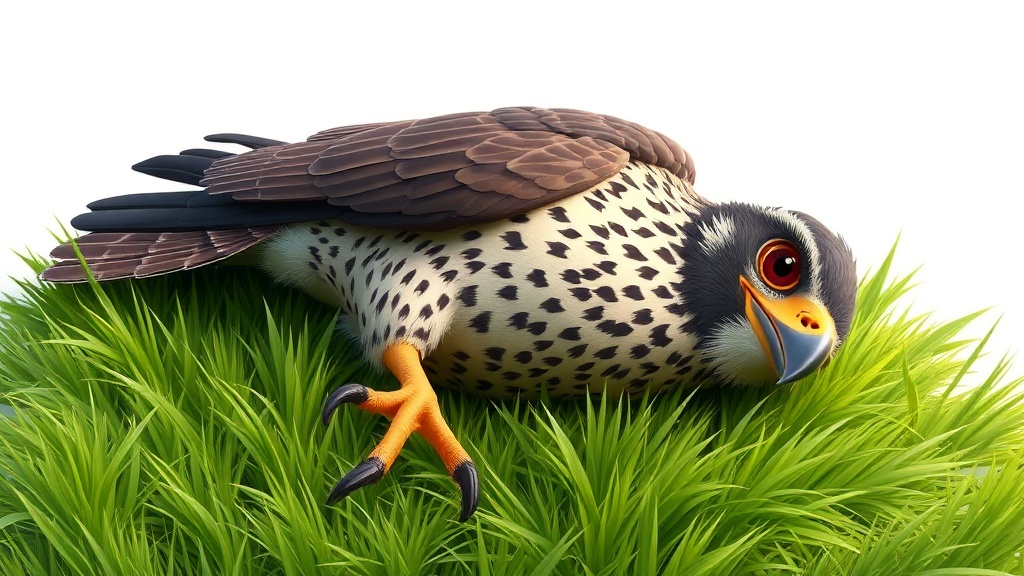Home / Environment / Sparrowhawk Poisoned with Banned Insecticide in Aberdeenshire
Sparrowhawk Poisoned with Banned Insecticide in Aberdeenshire
7 Oct
Summary
- Sparrowhawk found dead near Lumphanan, Aberdeenshire
- Believed to have been poisoned with illegal insecticide
- Sparrowhawks are protected under UK wildlife laws

On October 7th, 2025, authorities in Aberdeenshire, Scotland, reported the discovery of a dead sparrowhawk, a protected bird of prey, near the town of Lumphanan. According to the police, the sparrowhawk had been poisoned with the insecticide carbosulfan, which has been banned in the UK since 2008.
Constable Ann Ashman stated that the sparrowhawk's death was "harrowing," as the illegal use of this substance can be fatal to both wildlife and humans. Sparrowhawks are protected under the Wildlife and Countryside Act 1981, and intentionally killing or injuring them is a criminal offense.
The incident comes just a few weeks after the disappearance of a satellite-tagged golden eagle in the south of Scotland, which has raised concerns about the ongoing threat to birds of prey in the region. Authorities are now conducting a thorough investigation and urging the public to report any suspicious activity related to wildlife crimes.




